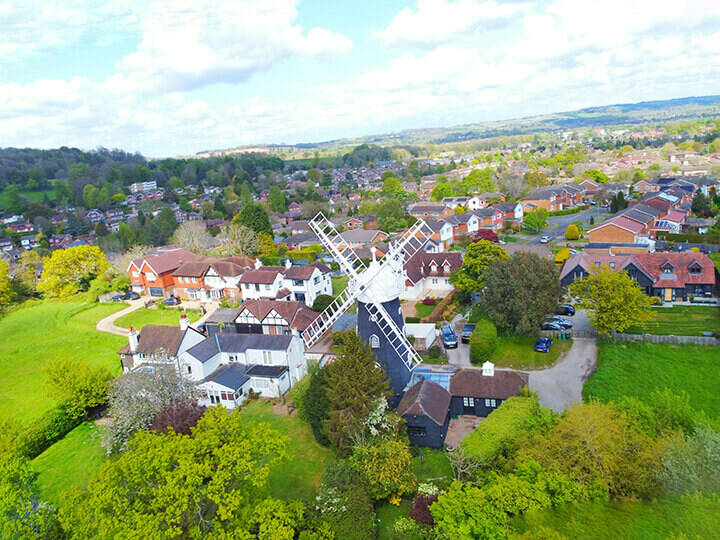On 25th October 2012, with an estimated 1500 years’ worth of addressing and street data expertise gathered together in one room, the GeoPlace annual conference and presentation of the Exemplar Awards was the place to be for anyone interested in the creation and usage of these core geographic reference data sets.
The event was aimed at local address and street Custodians within local authorities who have the responsibility for creating and maintaining local versions of the data. The conference is the annual opportunity to get Custodians from across England, Wales and now Scotland as well, together in one room to hear from, and discuss data improvements with, their elected representatives and GeoPlace.
With the introduction of the Public Sector Mapping Service Agreement (PSMA), the work that address Custodians do has a wide impact across the whole of the public sector as all parts of government can now use the AddressBase ™ range of products: the national output of the local compilations of data.
Maintaining these local datasets isn’t easy. Through a process managed with an elected Group of regional Custodian Chairs, local address and street datasets are subject to continuing improvement criteria. Improvements in data provide huge benefits and opportunities not just to local authorities but also to the growing number of PSMA members that are using the data to support their work.
Demonstrating the conference strap-line – ‘using local knowledge for national benefit’, the take up of the AddressBase products by central government is continuing apace:
• the DWP are now adopting a UPRN for their data warehouse; this is a huge strategic step forward as DWP manage massive levels of government transactions with the public
• Tell Us Once have been a long-time supporter of the UPRN and are now committed to using AddressBase at the core of their transactions, across the public sector
• the Electoral Registration Reform Program is building on the matching work that was started under the core project and they see that the UPRN is vital to the long term rolling management of the Electoral Register
• the Department of Energy and Climate are using the UPRN in their energy certificate work
• the National Police Systems that were managed by the National Policing Improvement Agency are taking AddressBase
• the Department of Education is rolling AddressBase out to over 20,000 schools as part of the Schools Admissions Program
• in Wales, Welsh Government is building UPRN into the direct electronic information transfer program and this, in turn, has driven outstanding improvement in the quality of local address data within Wales
• in Scotland, a UPRN is used as part of the National Identity Card Program and the Citizen Account.
Outputs from the conference can be seen on the GeoPlace website.



